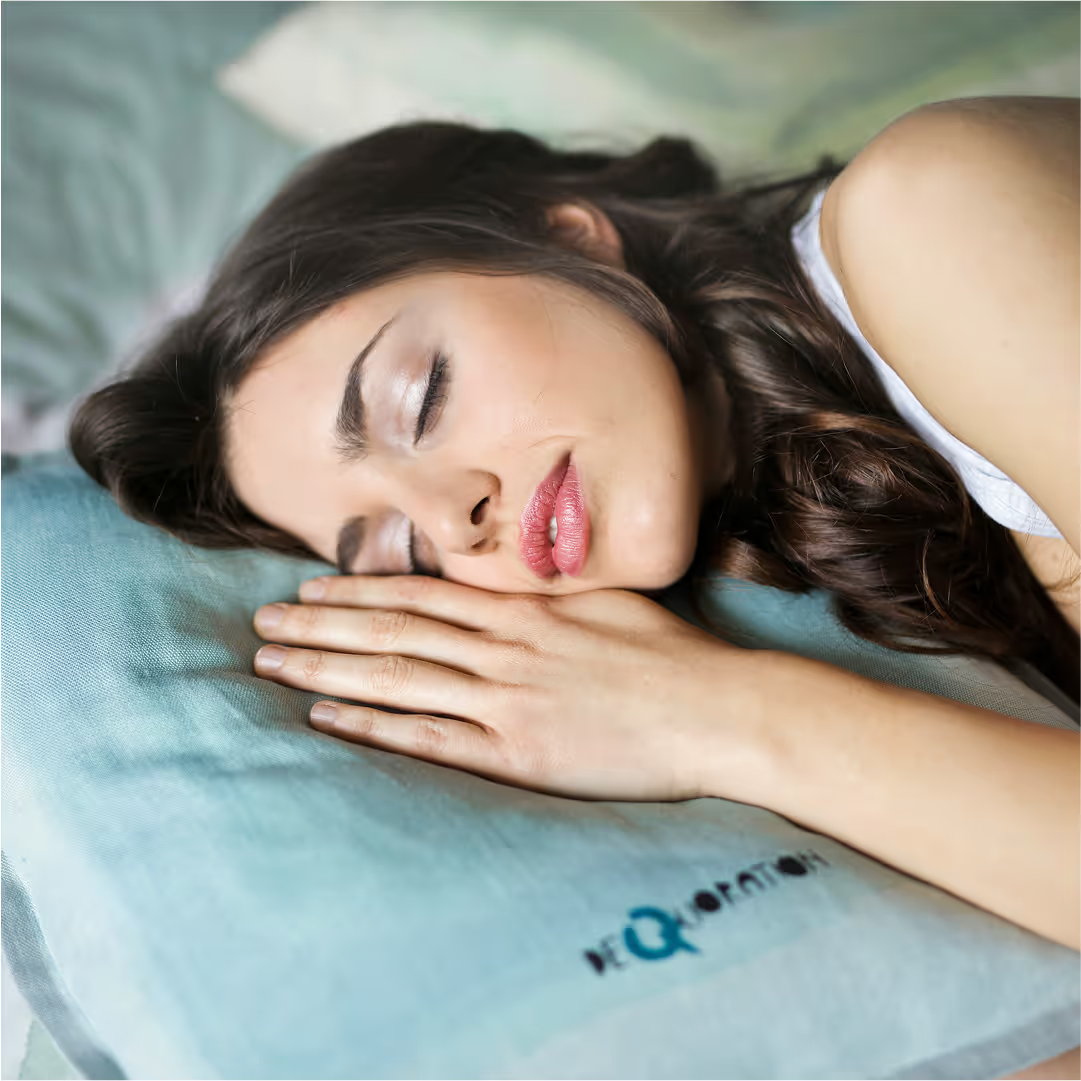Menopause is a normal part of aging and a natural transition period for women. The average woman experiences menopause between the ages of 45-55, but symptoms can start in their 30s and end in their 60s. With it comes in consistent menstruation cycles, the inability to regulate body temperature or moods, difficulty stabilizing energy levels, and interrupted sleep, to name a few symptoms.
In an article by Sheena Smith on Thorne’s website, she writes that the decreasing estrogen levels that accompany perimenopause and the low levels that occur in menopause can impact a number of things, including the circulatory and skeletal systems, the urinary tract, vaginal health, the libido, mood, and metabolic rate. While these are uncontrollable, and there is no way to completely stop the symptoms of menopause, there are ways to lessen their unpleasantness.
Healthy Eating
The first tip Smith provides to minimize the harshness of menopause is to maintain a healthy diet. In general, organic wholefoods are the way to go. This will provide a good foundation for your health in this transition phase. You don’t want to be suffering through failing organs alongside mood swings and lack of sleep. Pay attention to which foods you should avoid during menopause as well, since they can increase symptoms.
Regular Exercise
Similar to healthy eating, exercise sets your body up for greater success during menopause by reducing symptoms. Irene Anderson, founder of Method78 Fitness, says that it’s more about the consistency of your workouts rather than a particular one. Whether you’re walking, jogging, or strength training, the most important thing is consistency along with intentionality. Exercising for a week and then suddenly stopping will make fitness and nutrition less effective.
Reduce Triggers
There are certain things that might trigger hot flashes, such as spicy foods, alcohol, caffeine, or warm environments. Smith writes that even extremities in temperature, such as switching from the hot outdoors to an air-conditioned room, could be a trigger. As hot flashes area result of the body misinterpreting a heat signal, avoiding these triggers can reduce their severity.
Lower Stress
Irene cautions to lower stress levels. Engage in activities that normally calm you down, such as reading a book or going to the spa or beach. The same way that exercise stimulates you, something relaxing will deescalate you. This includes getting enough sleep. Gone are the days of getting three hours of sleep and still functioning the next day. Adults should get a minimum of 7 hours of sleep nightly.
The effects of menopause can be troublesome and seem to last forever. However, engaging in mindful practices such as exercise and healthy eating can lessen the impact.





